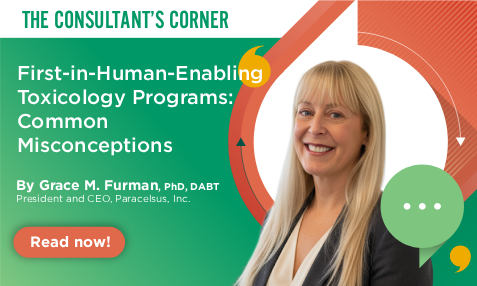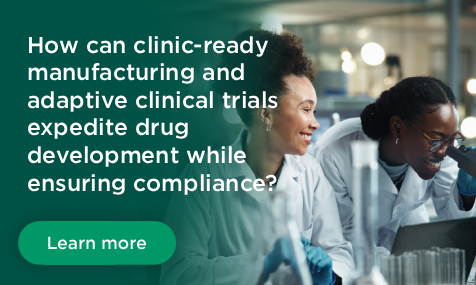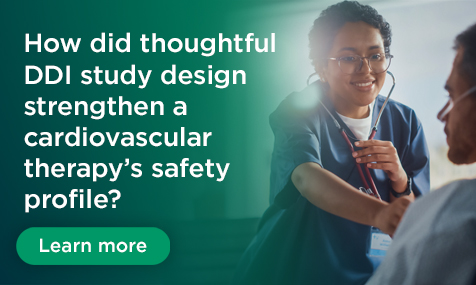Getting to the Heart of Science: How Clinical Research Saved My Life and Continues to Inspire Me
By Josiah Liang, Research Laboratory Technician, Clinical Diagnostic and Central Laboratory Services .
How Clinical Research Saved My Life
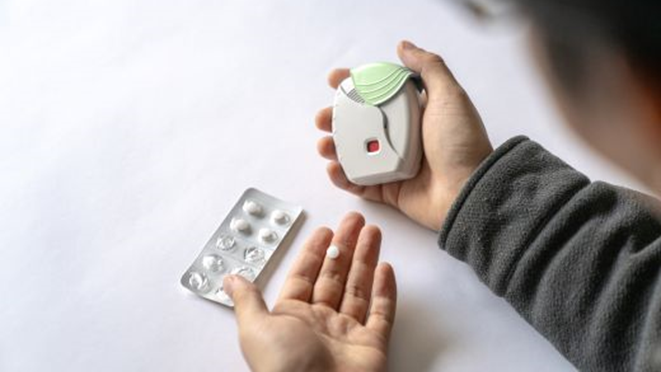
I was born in 2000. Had I been born 10 years earlier, I would have likely died from severe asthma. It’s the kind of asthma that turned my skin blue, and demanded a constant drip, pill, and powdered steroids to keep me from drowning in phlegm. It almost killed me, but it didn’t—because of the medical advances brought about by clinical research.
As I got older, my asthma stayed the same, but the medications got smaller and smaller in size. The whir of the nebulizer, along with the mask and pipes I spent hours attached to, were replaced by an hourly inhaler. Gradually, hourly inhalations became once every four hours, then 12, and eventually once daily.
Every time I used one of those little plastic pockets of relief, all I could think of was what the next advancement could be. Would I still need an inhaler in the future? What diseases and conditions will be cured 10 years from now? Fascinated by the ease with which I could now breathe and the joy of no longer being held captive by my own biology, I was drawn toward the medical field, and eventually into a career in clinical research.
Finding Purpose in Clinical Research
I started working in clinical research in 2020 as a lab assistant to fund my college education, but I have since fallen in love with the field. I love the challenges involved, and the people I get to work alongside with. It gives me a sense of purpose; a feeling that I’m contributing to something that might save a person’s life one day. It’s a field filled with intelligent, driven, and passionate people, all moving in unison at the boundaries of medicine.
And, sometimes, it’s also a field I fear for. Drug development is not always a straight line and can be unpredictable. When a groundbreaking drug or therapy is announced, I feel some apprehension about whether it will make it to market—waiting, as though I’m sheltering from a storm in an old lighthouse. Each creaking joist and crack in the stone threatening to come tumbling down.
When those thoughts threaten to overwhelm me, I focus on my own story and a sense of hope returns. Out there, right now, someone is finding relief from an ailment thanks to a medicine we, clinical researchers, helped to develop.
Looking to the Future of drug development
I feel hopeful for the future of drug development. Someone will always need a cure. Parkinson’s disease, Alzheimer’s, cancer, HIV, long COVID—all diseases we have yet to eradicate, yet will one day join the ranks of measles, smallpox, and tuberculosis as diseases of the past. And there will always be a sponsor with a novel compound, driving revolutionary research to create life-changing medicines for those who need them.
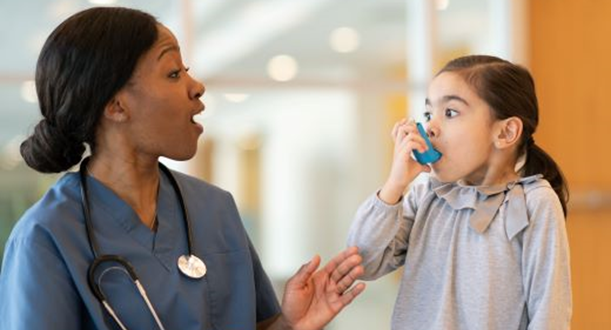
In 2023, the FDA approved 55 novel drugs, 18 more than the previous year, and marking the second-highest number in 30 years. These approvals covered a range of areas, from oncology, neurology, and infectious diseases. This is a significant step forward, and technological advances promise even more possibilities.
So, the question worth asking isn’t, will clinical research be here in 10 years, but what form will it be in? Drug development will always play an important, irreplaceable role. The urge to understand disease is intrinsically human, and CROs exist to satisfy that urge. The form will change, but the goal will stay the same. I will continue to count on clinical research, as I have since my first breath.
Get in touch with one of our clinical research experts today to find out how Altasciences can help you get your next study underway!
About the Author
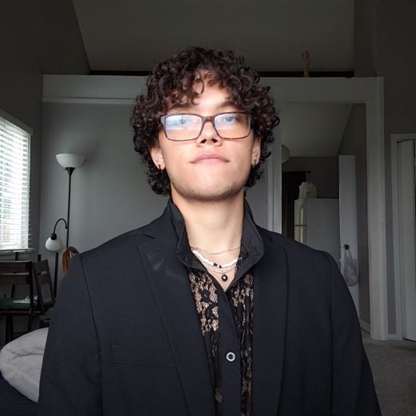
Josiah Liang joined Altasciences in 2024 as a research laboratory technician. He holds a Bachelor’s degree in English from the University of Kansas, and brings five years of experience as a laboratory assistant.
Away from the lab, Josiah enjoys gardening, family time, and writing . Inside the lab, he is known for his meticulous work—and for humming tunes from The Phantom of the Opera as he processes samples during his busy days at the bench. If you’re ever looking for him, just follow the sound of his go-to song, “Music of the Night”.
Read more Getting to the Heart of Science stories:
- Healing Hearts: A Journey of Compassion and Commitment with Marta Rodriguez
- Embarking on a Career in Drug Development with Amber Malloy
- Cancer Treatments, Clinical Trials, and the Motivation to Innovate with Michelle Newby
This blog was originally published in April 2025.
